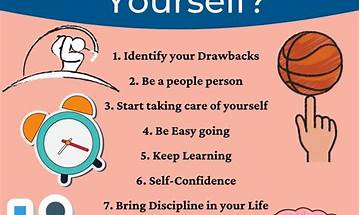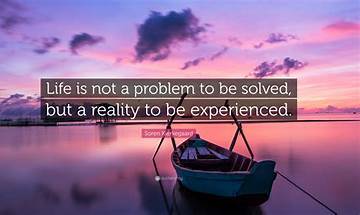Zhuge Liang left three sentences before his death, which are classic and useful to those who read them for life.

A detail, a little thing, can make or break a person.
01
If you are ambitious, you will be willing to be lonely.
"If you are not indifferent, you will have no ambition, and if you are not quiet, you will be far away."
It means that a person can't make his ambition clear and firm if he doesn't have a clear heart and desires, and he can't realize his lofty ideals without stability and tranquility.
In today's society, the network is becoming more and more developed, which also leads to the impetuousness of people's hearts; The virtual world on the Internet changes almost every day, and it is even more colorful, which makes people linger. However, while all kinds of desires are satisfied, it also leads to the emptiness of reality. When people leave the online world and think about themselves in reality, they are always at a loss, at a loss, and their hearts are getting more and more impatient.
In fact, a scholar was born in the world, which should not be the case. A truly ambitious, ambitious and responsible young man should know how to control his own desires and behavior, and not let himself enjoy the material life too much and lose his fighting spirit.
So how to be self-disciplined?
As Mr. Zhuge said, if a person wants to look down on the fame and fortune in front of him, he can make clear his ambition; Only by learning to calm down can we realize our lofty ideals.
As the saying goes: "If the heart is like water in the pool, chaos is unknown", the calmer the pond, the more clearly it reflects Vientiane; The quieter the human heart, the more objective it is to know the world.
Most of the time, it's not that we can't see through it. It's just that our hearts are too chaotic, which makes us unable to calm down and think.
Therefore, if you want to see the world clearly, you must first precipitate your own heart.
Don't let a pebble break your mind.
02
Think the worst of everything.
"If you want to think about its benefits, you must worry about its harm; If you want to think about it, you must worry about it. "
It means that if you want to benefit from one thing, you must consider the harm it brings; If you want to succeed, first consider whether the result of failure can be tolerated.
As the saying goes, "Water can carry a boat, but it can also overturn it". Everything in the world is a double-edged sword, which always has positive and negative meanings. Everything has two opposing sides. There are advantages and disadvantages, and there is the possibility of success and failure. While something can make you happy, there are also factors that make you unhappy.
Many times, when we consider a problem, we should not only think about the advantages, but also think more about the disadvantages, perhaps to dig out the disadvantages, know how to weigh the advantages and disadvantages, and be prepared.
In fact, those who only think about benefits are mostly eager for quick success and quick success, and they are impetuous. As long as they learn to suppress their desires and prevent themselves from imagining things, it will not lead to incomplete consideration.
03
Do small things before you can do big things.
"Big things start with difficulty, and small things start with ease."
It means, to do big things, do small things first, and don't think about doing big things and look down on doing small things.
It is a law of the development of things from small to large and from weak to strong.
Life is made up of many little things, and the perfection of each little thing is the perfection of life when accumulated.
A detail, a little thing, can make or break a person.
There is a saying in Zi Zhi Tong Jian: "A gentleman can be diligent in small things, so there is no great trouble."
A virtuous person can handle small things carefully, so he won't cause great disaster.
It is the experience of the ancients to pay attention to details and be diligent about small things.
A lot of things, we should start from the nuances, solve problems in the bud, and prevent small things from dragging on big things and big things, making ourselves exhausted every day.
After all, some problems don't seem serious at first, and then they accumulate over time and change from quantitative to qualitative. When the problems are big, it is difficult to save them.
Zhou Guoping also said that those who achieve great things often do small things seriously, while those who don't do small things seriously often can't achieve great things.
The so-called confusion is that talent is not worthy of one's ambition: great things can't be done, and small things won't be done; Don't want to do what is at hand, just want to do what is on the horizon.
Therefore, if we want to get rid of our confusion, we should start from small things and things around us. Our ability is not gained from doing big things, but slowly exercised from these "inconspicuous" small things.
Otherwise, if you refuse to do small things, it will not be your turn to do big things.
The journal of Chinese studies (ID: GuoXuewenkan) has a clear inkstone. Graphic copyright belongs to the original author.
Minglun Academy —— "Top Ten Educational Institutions of Chinese Studies in China"
Declaration: All article resources on this website, unless otherwise specified or labeled, are collected from online resources. If the content on this website infringes on the legitimate rights and interests of the original author, you can contact this website to delete it.






